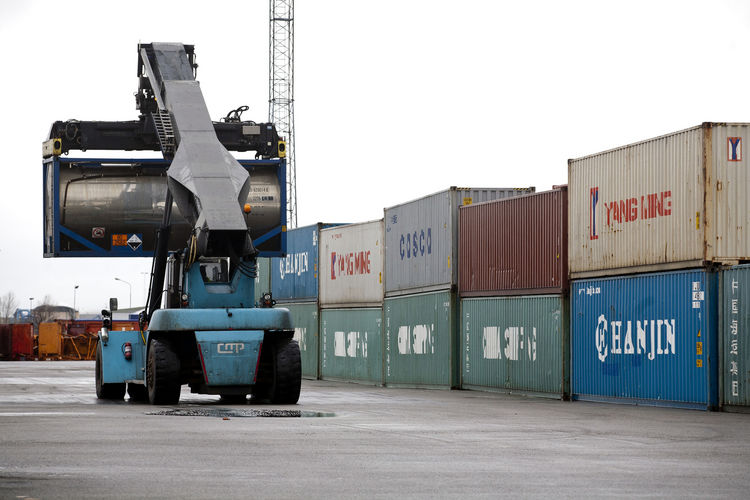Economy
World Bank Says Nigeria’s Economy is Static, Per Capita Income Unchanged in 40 Years

The World Bank claims Nigeria’s per capita income has been static since 1981, which is a total of 40 years.
The Country Director of the World Bank, Shubham Chaudhuri said this at the breakout panel session of the 27th Nigerian Economic Summit on Lightning Nigeria: Solution framework for power recovery held in Abuja.
He further went on to advise Nigeria’s economic managers to quickly assemble potent strategies to harness the robust potential of the country.
He went on to say that the medium-term development plan for 2021-2025 is set on the development agenda for sustainable growth driven by new and emerging sectors. He claimed about three million Nigerians come of working age yearly, but surveys have shown that they aspire to go abroad to earn a better standard of living.
Per Capita Income is an Economic indicator that indicates the average income earned per person in a country in a specified year. It is calculated by dividing the country’s total income by its total population. In 1981, according to World Bank data, Nigeria’s per capita income was $2,180.2 and per capita income was $2,097 in 2020, meaning there has been no significant change in four decades.
Earlier in the session, the Minister of Finance, Budget and National Planning, Mrs. Zainab Ahmed called for a paradigm shift in running the country’s economy through comprehensive and targeted reforms, a reorientation of national values, and a radical shift in attitudes to taxation and public financial management.
She said, “This is consistent with the focus of this administration on targeted investment in critical infrastructure and social development.”
The Nigerian Economic Summit is the flagship event of the Nigerian Economic Summit Group (NESG) and it is organized in collaboration with the National Planning Commission (NPC). The Nigerian economic summit has consistently focused on job creation, small and medium-sized enterprises (SME) growth, competitiveness, dismantling the pillars of corruption, encouraging sustainable growth and development, and aligning home-grown long-term agenda with the UN sustainable development goals. The 27th Nigerian Economic Summit has the theme Securing our Future: The Fierce Urgency of Now.